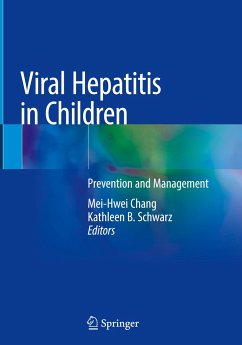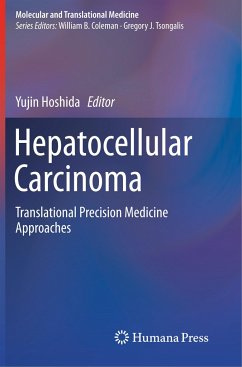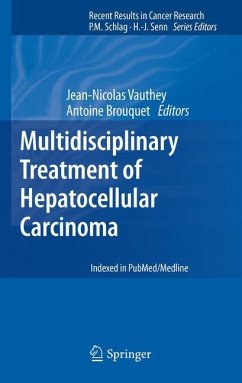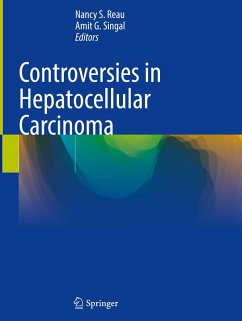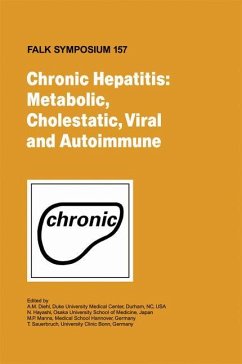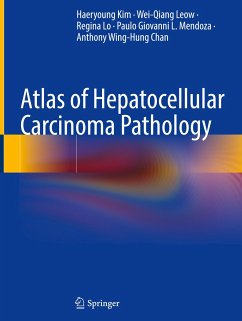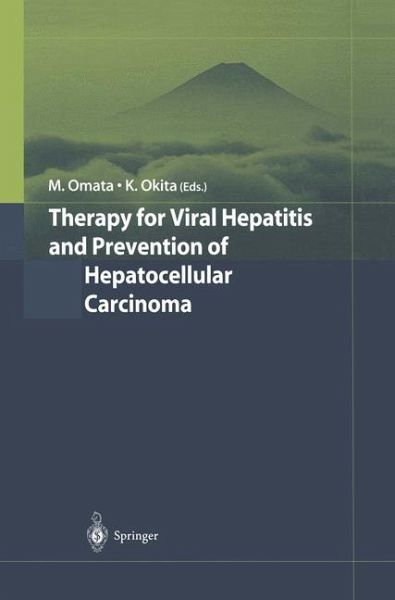
Therapy for Viral Hepatitis and Prevention of Hepatocellular Carcinoma

PAYBACK Punkte
39 °P sammeln!
The liver has an important role in nutritional homeostasis, and it is well known that liver diseases can lead to abnormalities in the nutrient metabolism and to subsequent malnutrition. Because malnutrition is particularly prevalent in patients with liver cirrhosis, proper nutritional assessment and support for cirrhotic patients is essential. This collection of research and clinical findings on nonalcoholic steatohepatitis (NASH) and nutritional therapy contains significant new findings in several fields. As NASH frequently causes liver cirrhosis, the nutritional aspects of its treatment are ...
The liver has an important role in nutritional homeostasis, and it is well known that liver diseases can lead to abnormalities in the nutrient metabolism and to subsequent malnutrition. Because malnutrition is particularly prevalent in patients with liver cirrhosis, proper nutritional assessment and support for cirrhotic patients is essential. This collection of research and clinical findings on nonalcoholic steatohepatitis (NASH) and nutritional therapy contains significant new findings in several fields. As NASH frequently causes liver cirrhosis, the nutritional aspects of its treatment are discussed. Other areas covered include nonalcoholic fatty liver, the role of leptin in the pathogenesis of NASH, restricted diets and exercise therapy, mammalian targets of the peptide rapamycin, and genetic factors influencing the development of NASH. This book is intended to be of particular relevance to researchers and those practicing in the field.







